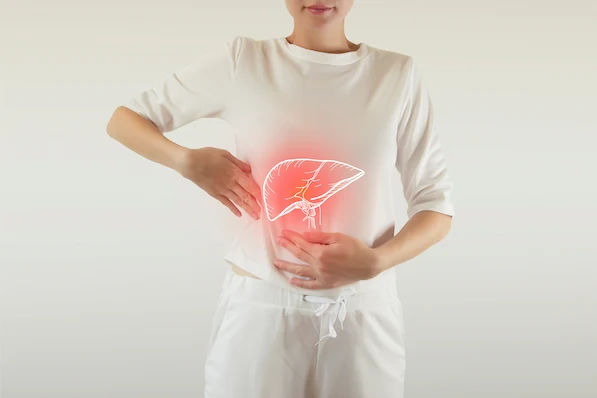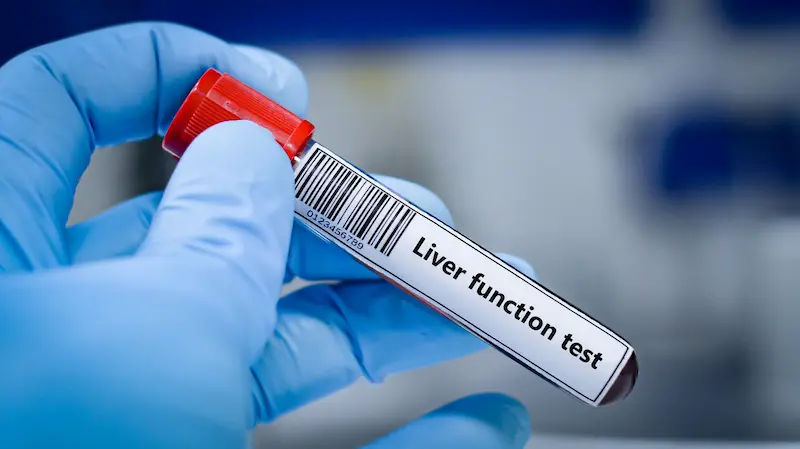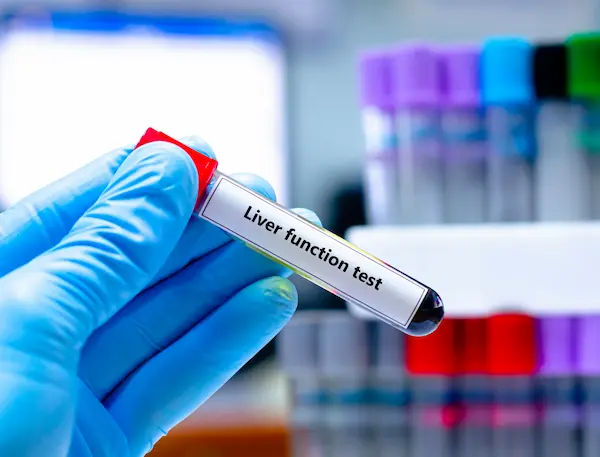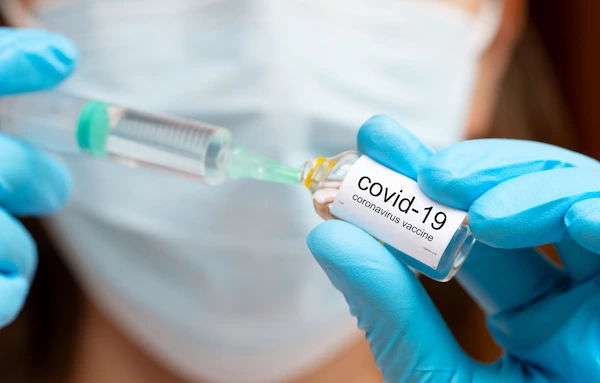MRCP Test Overview and Process
Discover what an MRCP test is, why it’s done, how to prepare, and what to expect during and after the scan. Learn its benefits, risks, and role in diagnosing bile duct and pancreatic conditions

Written by Dr. Dhankecha Mayank Dineshbhai
Reviewed by Dr. Md Yusuf Shareef MBBS
Last updated on 2nd Sep, 2025
.webp?tr=q-80,f-webp,w-350,dpr-2,c-at_max 700w)
If you or a loved one has been advised to undergo an MRCP (Magnetic Resonance Cholangiopancreatography) test, you might have questions about what it is, why it’s needed, and what to expect. This guide will walk you through everything in simple terms, so you feel informed and at ease.
What is an MRCP Test?
An MRCP is a special type of MRI scan that focuses on your liver, gallbladder, bile ducts, pancreas, and pancreatic duct. Unlike invasive procedures, it uses magnetic fields and radio waves to create detailed images without any cuts or needles entering your body.
Why is an MRCP Done?
Doctors recommend an MRCP to diagnose or monitor conditions affecting the bile ducts and pancreas, such as:
- Gallstones or bile duct stones
- Pancreatitis (inflammation of the pancreas)
- Tumors or cysts in the liver, pancreas, or bile ducts
- Blockages or narrowing of the bile ducts
- Congenital abnormalities
Since it’s non-invasive and radiation-free, it’s a safer alternative to procedures like ERCP (Endoscopic Retrograde Cholangiopancreatography).
How to Prepare for an MRCP Test?
Preparing for an MRCP is simple, but following instructions ensures clear results:
Before the Test
- Fasting: You may need to avoid eating or drinking for 4-6 hours before the scan.
- Medications: Inform your doctor about any medications; most can be taken as usual.
- Clothing: Wear comfortable, metal-free clothing (you may be given a hospital gown).
- Jewelry & Accessories: Remove all metal objects (watches, piercings, belts) as they interfere with the MRI.
If You Have Any Implants
Pacemakers, metal clips, or cochlear implants may not be safe for MRI. Always inform your doctor beforehand.
What Happens During the MRCP Test?
1. Check-In: You’ll be asked to fill out a safety form regarding metal implants.
2. Changing Clothes: You may need to wear a hospital gown.
3. Positioning: You’ll lie on a sliding table that moves into the MRI machine.
4. The Scan:
- The machine makes loud knocking sounds, so you may be given earplugs or headphones.
- You must stay still for clear images (usually 20-45 minutes).
- Some scans may involve a contrast dye (injected via IV) to enhance images.
5. After the Scan: You can usually resume normal activities immediately unless sedated.
Does It Hurt?
No! The MRCP is painless, but some people feel slightly claustrophobic inside the machine. If you’re anxious, inform the technician—they can help you relax.
Understanding Your MRCP Results
A radiologist will analyze the images and send a report to your doctor. Your doctor will then discuss:
Any blockages, stones, or abnormalities found.
Next steps (medication, further tests, or treatment if needed).
Benefits & Risks of MRCP
Benefits:
- No radiation (unlike CT scans).
- -invasive (no tubes or scopes inserted).
- Highly detailed images of bile and pancreatic ducts.
Possible Risks:
- Claustrophobia (open MRI options may be available).
- Allergic reaction (rare, only if contrast dye is used).
Tips for a Smooth MRCP Experience
- Stay calm: Practice deep breathing if you’re nervous.
- Ask questions: Don’t hesitate to clarify doubts with the technician.
- Follow instructions: Moving can blur the images, so stay still.
When to Consult a Doctor?
If you experience:
- Severe abdominal pain
- Jaundice (yellowing of skin/eyes)
- Unexplained weight loss or digestive issues
- …an MRCP might help diagnose the cause.
Need an MRCP Test?
If your doctor has recommended an MRCP, you can easily book an appointment through Apollo 24|7. Their advanced imaging technology and expert radiologists ensure accurate and comfortable testing.
Get Your Health Assessed
Final Thoughts
An MRCP is a safe, effective way to examine your bile ducts and pancreas without surgery. Knowing what to expect can ease any worries; so follow your doctor’s advice.
Consult an Specialist for the best advice
Consult an Specialist for the best advice

Dr Summaiya Banu
General Practitioner
8 Years • MBBS
Hyderabad
Apollo 24|7 Clinic, Hyderabad
(250+ Patients)

Dr. M L Ezhilarasan
General Practitioner
6 Years • MBBS
Visakhapatnam
Apollo 24|7 Clinic - Andhra Pradesh, Visakhapatnam

Dr. Dhankecha Mayank
General Practitioner
6 Years • MBBS
Hyderabad
Apollo 24|7 Clinic - Telangana, Hyderabad

Dr. Mainak Baksi
General Practitioner
13 Years • MBBS , MD (MPH)
Howrah
Mainak Baksi Clinic, Howrah
(50+ Patients)

Dr. Rajib Ghose
General Physician/ Internal Medicine Specialist
25 Years • MBBS
East Midnapore
VIVEKANANDA SEBA SADAN, East Midnapore




.webp)

